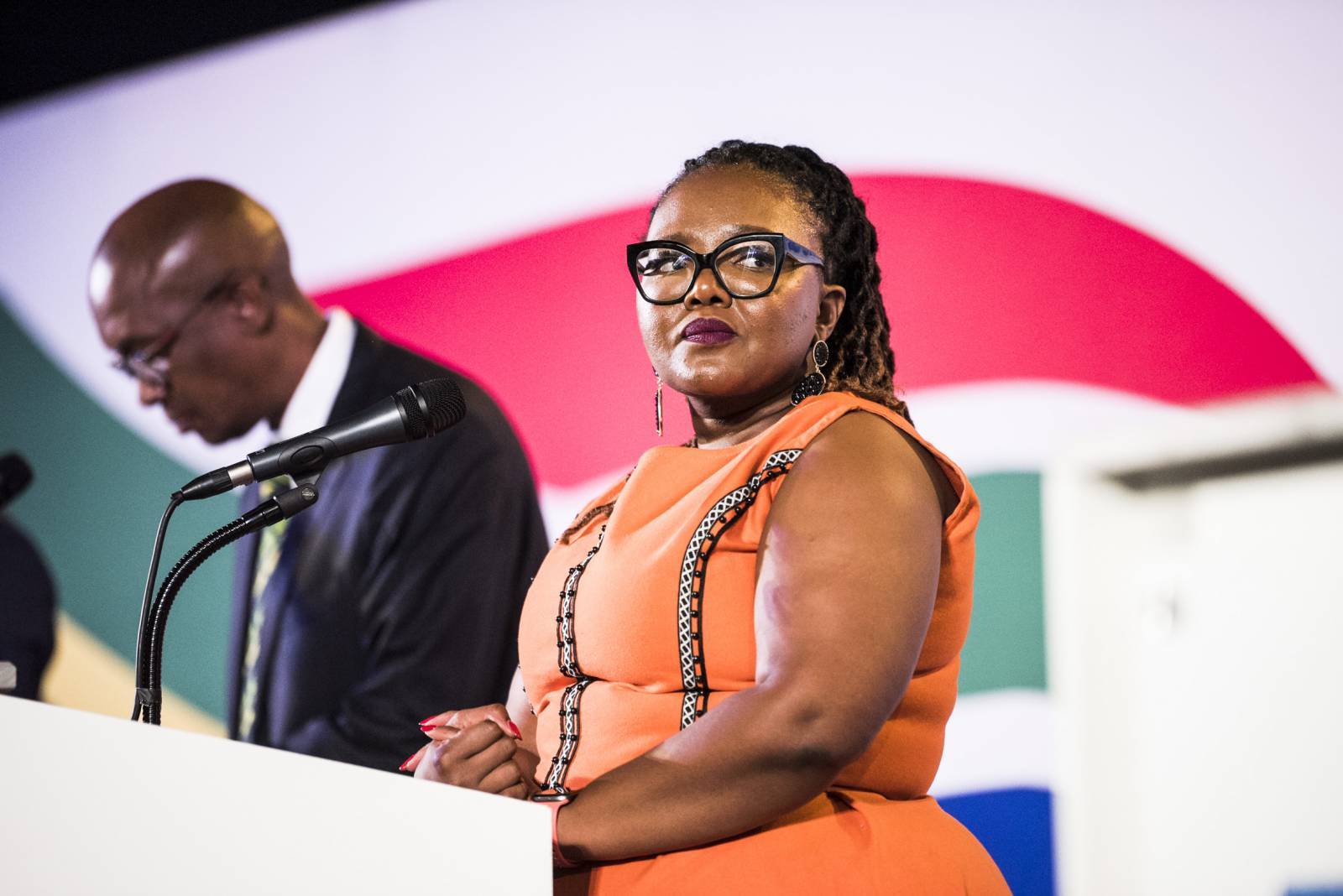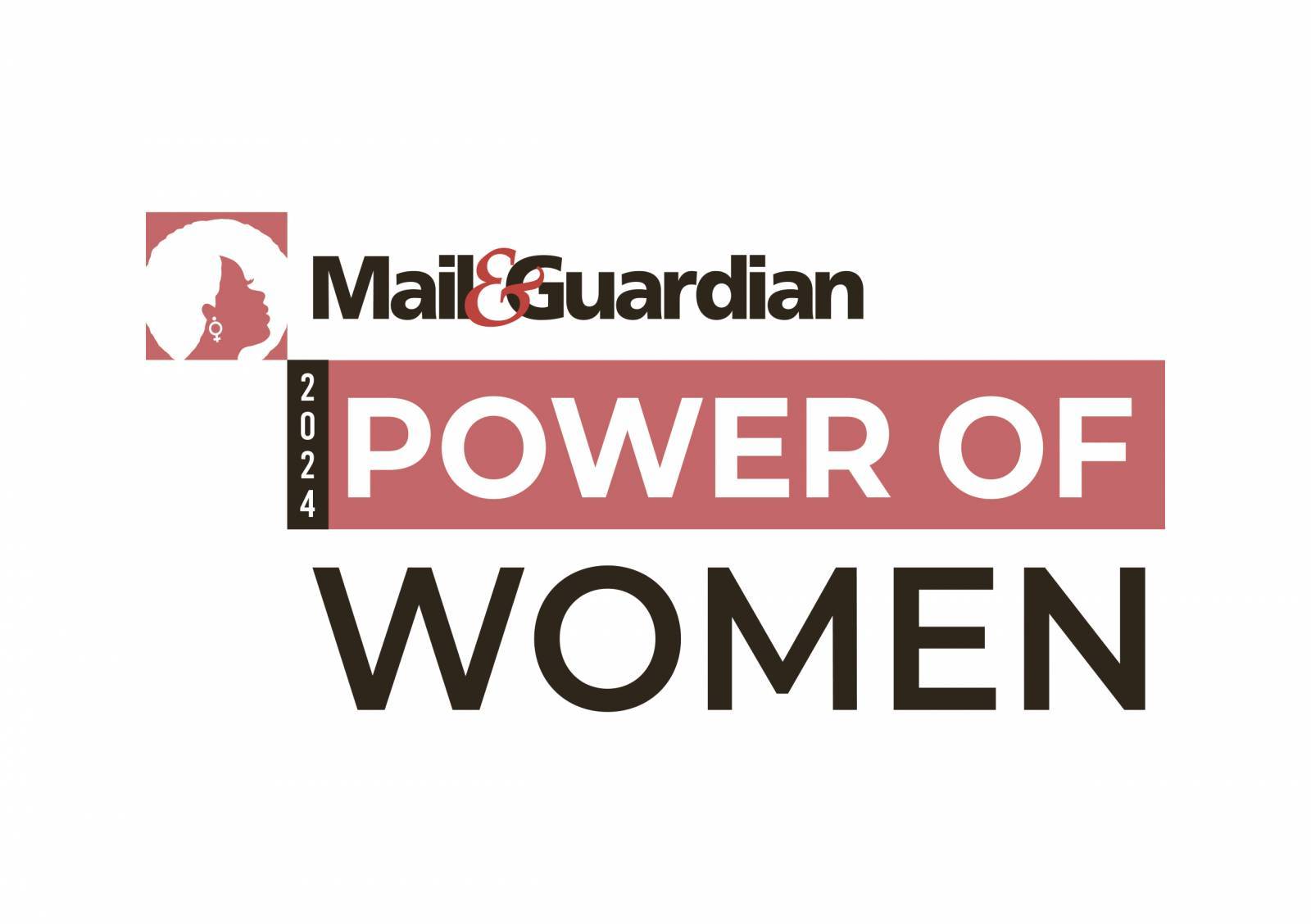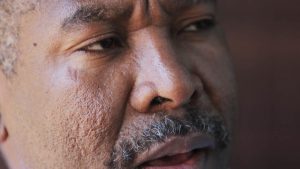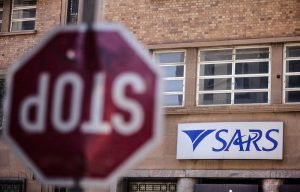South Africa’s economy is not heading for recession, with growth still strong, boosted by robust investment growth, the top Treasury official said on Wednesday.
”We think that the South African economy is actually still strong,” Treasury Director General Lesetja Kganyago said in an interview.
Signs that Africa’s biggest economy is beginning to strain under the weight of higher interest rates and slower global activity, with confidence indicators diving, have raised concerns the country is heading for a recession.
Ratings agency Moody’s said in a credit opinion that this could lead to Africa’s biggest economy veering towards recession at the end of 2008.
”I think it [talk of recession] is too alarmist. I don’t think that we will get into a recession this year,” Kganyago said.
There is no doubt growth will slow from the average 5% of the past four years but it is too early to say whether it will ease further than the Treasury’s 4% prediction for 2008, he said.
The South African Reserve Bank has raised its repo rate by five percentage points to 12% over the past two years to tackle inflation.
The tighter policy has not tamed price pressures, due to rising international food and fuel costs, but consumer spending — the main driver of previous growth — has cooled sharply.
Data last week showed new vehicle sales, house prices and manufacturing activity fell in June, while consumer and business confidence dived to new multi-year lows.
Kganyago said economic growth has rebalanced, with investment taking over from household demand as the main source of expansion, thanks partly to government efforts.
‘Still very strong’
A massive government investment programme to boost energy, transport and other infrastructure will continue to support the economy.
”Yes, consumer spending has slowed down. Yes, we have seen consumer confidence has come down. Yes, we have seen business confidence come down. But this economy is still very strong,” he said.
”We have seen a rebalancing of growth; that growth is now increasingly driven by investment. Has anybody asked themselves what would have happened if government didn’t accelerate its fixed investment growth to an estimated 5,5% of gross domestic product as of the first quarter?”
Official data put first-quarter growth at just 2,1% compared with 5,3% in the final quarter of 2007, stung by a chronic electricity shortage that saw some of the world’s biggest mines forced to shut down for five days. The sector, which is still not back to full power, contracted by 22,1% during the period.
Kganyago stressed that the problems of the first quarter had not been repeated in the second period.
”The first-quarter figures were bad, but bear in mind that in the first quarter we had those electricity blackouts,” he said. ”We didn’t experience them in the second quarter, which should then say that we should expect a rebound in the economy in the second quarter.”
Utility Eskom plans to spend about R350-billion over the next five years to boost capacity and has demanded consumers save power to help stop more failures.
Kganyago said if Moody’s forecasts of 3,2% growth for 2008 and 3% for 2009 were to be believed, the economy could not technically fall into recession, unless there was a huge rebound at some stage.
”So it is gobbledygook; you cannot have this economy going into recession if at the same time you are predicting the economy will grow by 3,2% this year,” he said, adding he does not believe the country’s investment-grade ratings are at risk. — Reuters





